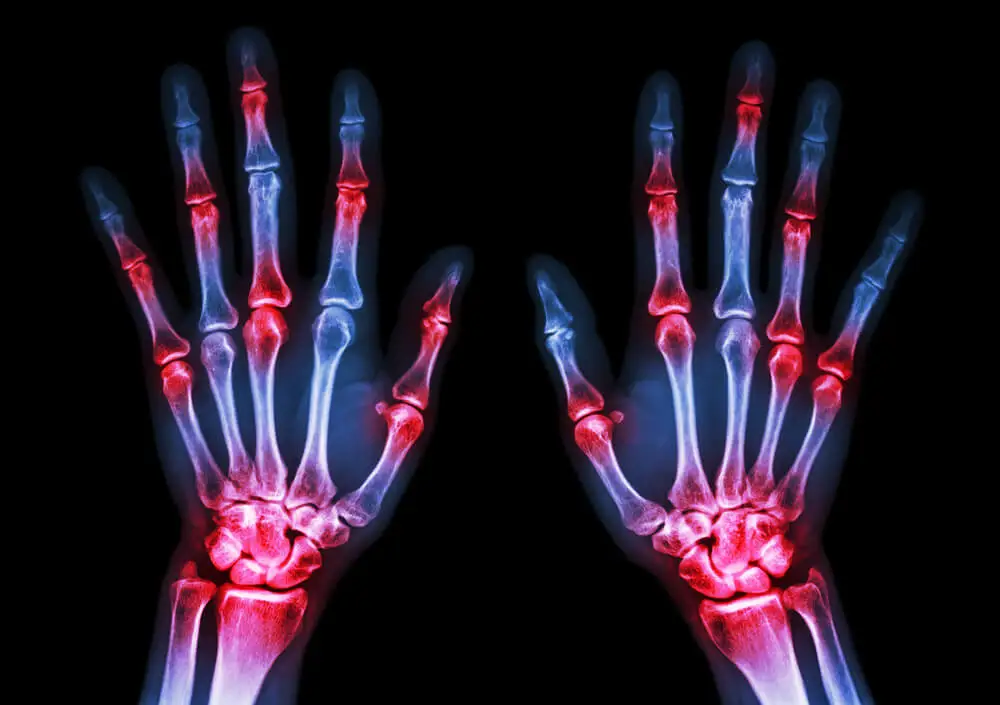Lionel Messi's Illnesses: The Truth About the Qatar 2022 World Champion


Written and verified by the doctor Leonardo Biolatto
The truth about Lionel Messi’s illnesses is both known and unknown. Many have heard about the treatment that Barcelona FC paid for the player to receive a growth hormone. Less publicized, however, is the alleged diagnosis of Asperger’s syndrome, which carries controversy.
He left Argentina at a very young age. He arrived in Spain to train among the youth players of Barcelona and had to follow treatment for his illnesses. Today he is the best soccer player on the planet, breaking records every week, and now a World Champion!
Lionel Messi’s illnesses: Growth hormone deficiency
One of Lionel Messi’s illnesses was a growth hormone deficiency. As a result, he wasn’t growing at the expected rate for his age and was at risk of finishing puberty below the minimum height considered normal.
So, after various analyses, it was determined that the approach would consist of injections of this hormone. Once a day, for several years, the Argentinean star had to inject a subcutaneous needle with the substance.
Once a night I was injecting the growth hormone. I would change legs. First one, then another. I wasn’t impressed, at first my mom and dad injected it. Every night. Then I learned and started doing it on my own.
Now, this isn’t a substance that just anyone with a tendency to short stature should receive. Some medical criteria need to be met in order to establish that there’s a problem.
For a doctor to prescribe growth hormone, the child has to meet the following characteristics:
- Their height should be shorter than 95% of children of the same age and sex.
- The expected height for adulthood, according to specific calculations for this, according to the growth curve, should be projected below the genetic height. The latter is also a calculation that determines, based on the height of the parents, how tall a child should be.
- The rate of growth, month by month, has to be slow.
- The degree of bone maturation must show a delay. For this, complementary imaging studies are performed to measure the density of the bones and their internal conformation.

Why should the deficit be treated?
The problem with one of Lionel Messi’s illnesses wasn’t that he was short. In fact, the recommendation for the treatment was because of the possible consequences that the hormone deficit could cause.
On the one hand, there’s the possibility that puberty may be delayed. This affects bone development and makes patients more prone to fractures and injuries.
On the other hand, the lack of adequate amounts of growth hormone is often associated with a reduction in other hormones, such as cortisol and thyroid hormones. Thus, the risk of suffering hydroelectrolyte imbalances or developing hypothyroidism is increased.
It’s estimated that, with injections, children can gain up to 10 centimeters (2 inches) in the first year of application. Then, during the second year, they could add another 7 centimeters (nearly 3 inches), approaching the expected height for adulthood.
Read more: Height-Increasing Surgery: Is It Dangerous?
Another of Lionel Messi’s illnesses? Asperger’s syndrome
The story of Messi’s alleged diagnosis of Asperger’s syndrome is controversial. Some journalists who investigated the player’s biography claim that his school in Rosario certified his lack of attention in classes.
Rumors also circulated about a kind of note, elaborated by doctors who attended him in his childhood, suggesting a mild degree of autism. The rumors grew and even Romario, former Brazil player, echoed:
Did you know that Messi has Asperger’s syndrome? It is a mild form of autism, which grants him the gift of concentration above everything and everyone.
While it’s tantalizing for the press, and even inspiring, the story of a child with autism who becomes the best player in the world, there are missing elements. Strictly speaking, the diagnosis was never publicly confirmed. In fact, Messi’s father threatened to sue Romario in court for slander in his tweet.

What is Asperger’s syndrome?
While it cannot be stated outright that one of Lionel Messi’s illnesses is Asperger’s syndrome, it’s worth clarifying that patients with the disorder can be successful in their chosen profession. The social sphere is the most jeopardized by this condition, but this doesn’t prevent other areas from being affected.
A special interest in something is characteristic of the syndrome. Patients focus on issues that absorb them and demand their full attention.
However, one cannot fall into the trap of thinking that this makes them intellectual geniuses or enhances their physical performance. These stereotypes promoted by movies and series don’t help patients with a diagnosis of autism either.
Read more here: Body Language: What You Need to Know to Understand These Signals
Lionel Messi’s illnesses did not stop him
This is the fifth World Cup that Messi has played in. He is the only South American player with that record. He is the player who has played the most games in World Cup history.
And now he is a World Champion with Argentina! Messi’s illnesses have already been overcome and his performance, records, and achievements prove it.
.Main image by REUTERS.
All cited sources were thoroughly reviewed by our team to ensure their quality, reliability, currency, and validity. The bibliography of this article was considered reliable and of academic or scientific accuracy.
- Chinoy, A., and P. G. Murray. “Diagnosis of growth hormone deficiency in the paediatric and transitional age.” Best practice & research Clinical endocrinology & metabolism 30.6 (2016): 737-747.
- Murray, P. G., M. T. Dattani, and P. E. Clayton. “Controversies in the diagnosis and management of growth hormone deficiency in childhood and adolescence.” Archives of disease in childhood 101.1 (2016): 96-100.
- Woodbury-Smith, Marc. “Asperger syndrome.” Encyclopedia of Autism Spectrum Disorders (2021): 322-328.
This text is provided for informational purposes only and does not replace consultation with a professional. If in doubt, consult your specialist.








